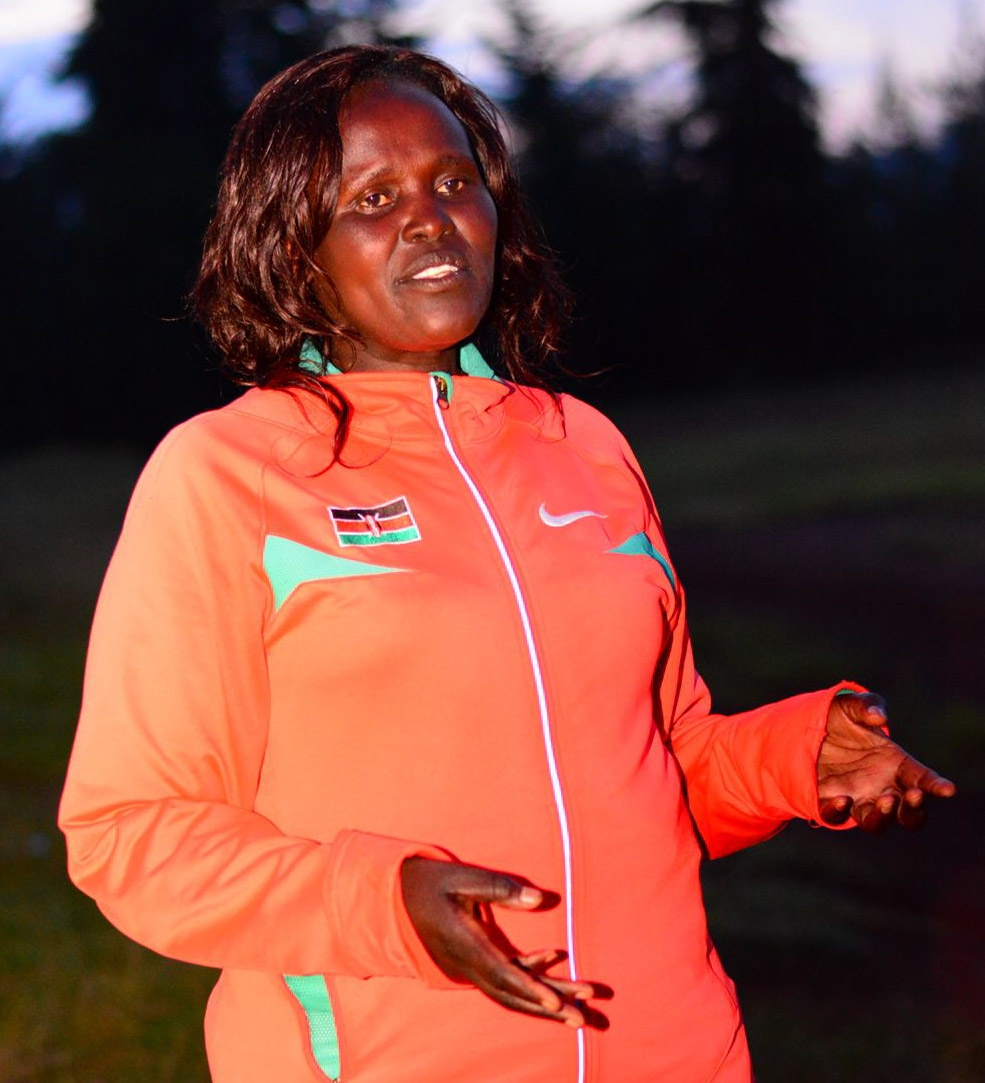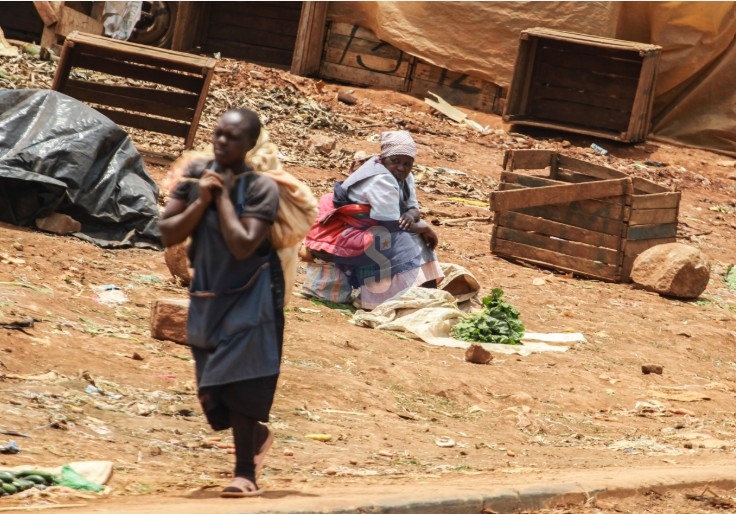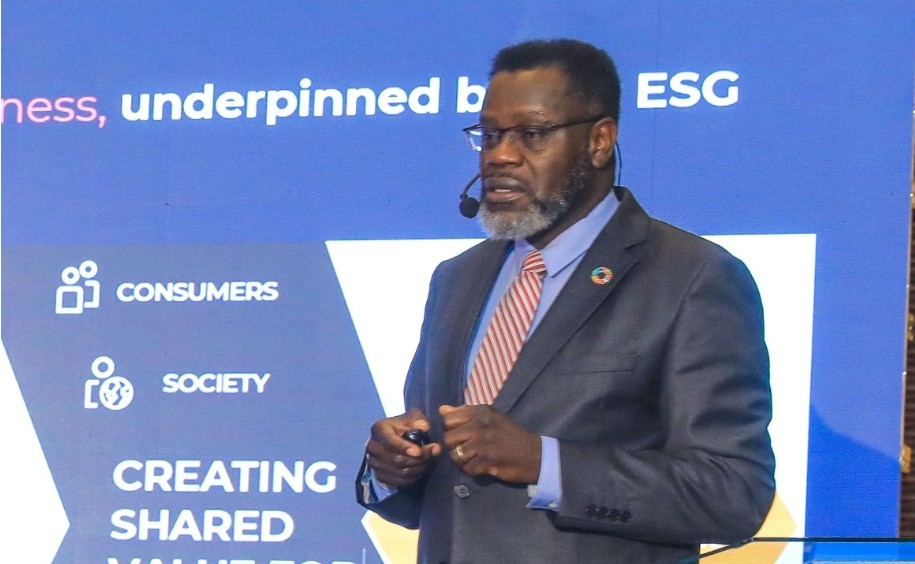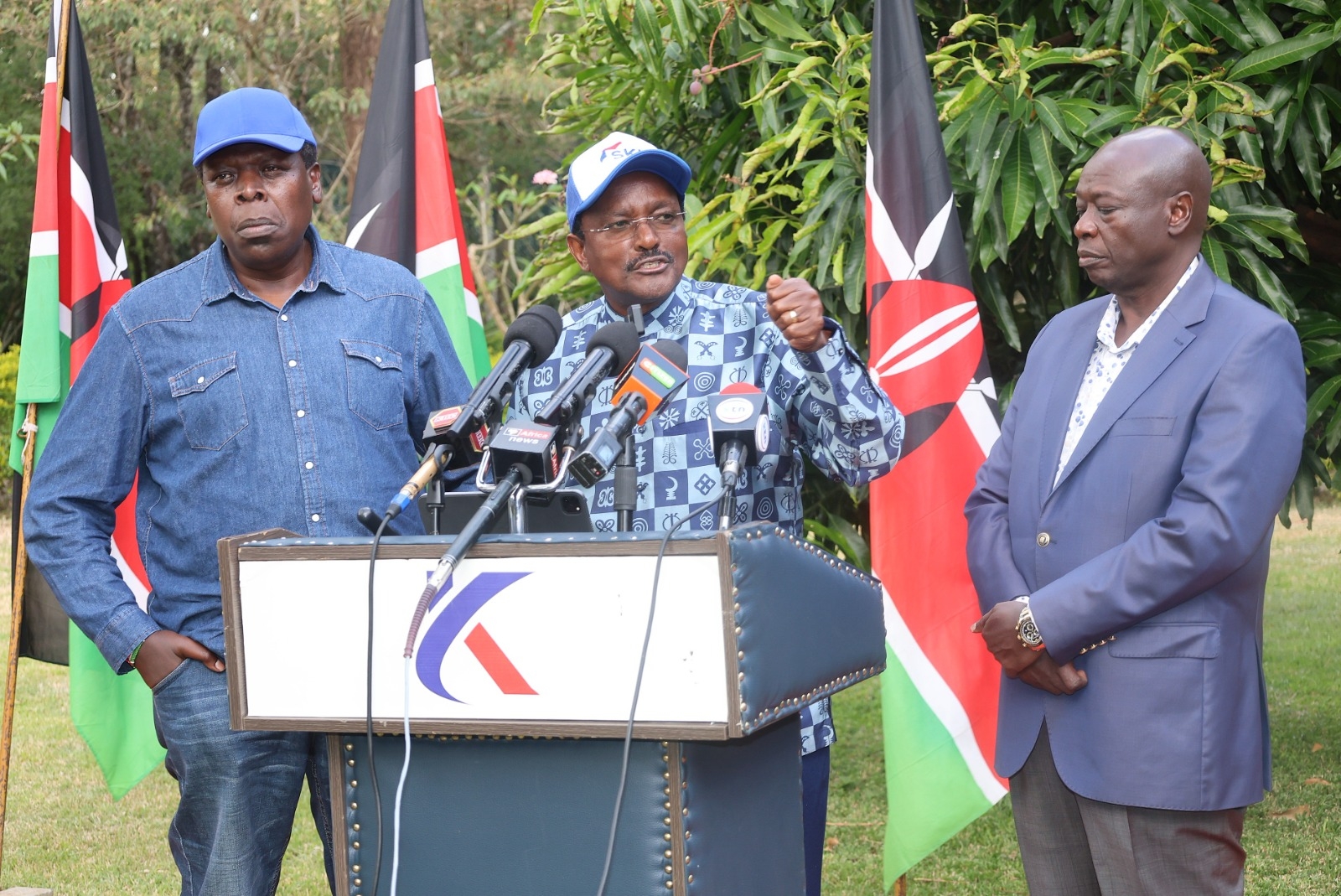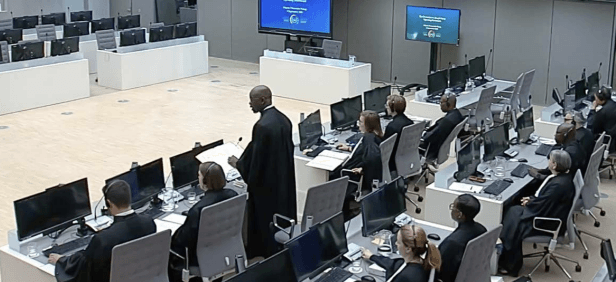Dementia is increasing in Africa as the population ages.
Making matters worse, family support for older adults has declined with migration and urbanisation.
But there is hope. The risk of dementia can be reduced.
According to the World Health Organization, “Dementia is a term for several diseases that affect memory, thinking, and the ability to perform daily activities. The illness gets worse over time. It mainly affects older people but not all people will get it as they age.”
About 40 per cent of risk factors and social determinants, such as loneliness, hearing and vision loss, are “potentially modifiable,” said Dr Edna Bosire of the Brain and Mind Institute of Aga Khan University.
Cash transfers for the elderly and literacy can also be protective, South African professor Steve Tollman said.
These were some of the startling conclusions of Africa’s largest ever gathering on dementia.
Over 250 experts from 35 nations attended the 'Future of Dementia in Africa' conference in Nairobi last week.
“Dementia comes with a lot of shame and stigma,” University of Ghana’s Mary Amoakoh-Coleman said.
“Taking away the autonomy of people with dementia worsens their signs and symptoms. How do we transform the culture of our communities?”
Professor of Psychiatry at University of Nairobi, David Ndetei, said “community stigma reduction programmes” were “acceptable and feasible”.
Not enough is known about the genetic basis of dementia in Africa.
“Disease genetics are not uniform across populations,” University of Lagos professor Njideka Okubadejo said.
“It is crucial that genetic research extends beyond Europe.”
Neurodegenerative disease expert Mohamad Salama said in Egypt, use of organophosphate pesticides is interacting with genetics to cause dementia in high risk groups.
Organophosphate pesticides are substances used to kill insects and occur in groundwater or surface water due to agro-industrial processes.
But risk of dementia is clearly increased by age (over 65), high blood pressure, diabetes, obesity, smoking, too much alcohol, physical inactivity, social isolation and depression.
Addressing any of these can help prevent it.
Research has found a prevalence of dementia of 6-7 per cent in Tanzania, 2-10 per cent in Nigeria and 8-9 per cent in the Central African Republic.
“Strain” and heavy load on carers of people with dementia and misconceptions that the condition is witchcraft, possession or a curse from God were also discussed at the meeting supported by the journal Nature, the Davos Alzheimer’s Cooperative and Aga Khan University.
Pathways to care include working with traditional healers and faith groups.
“The whole of this way of thinking is going to take a while to change,” Mary Njoki, a research fellow at the University of Stirling in Scotland, said.
Elizabeth Mutunga, founder and CEO of Alzheimer's and Dementia Organisation Kenya, said “We need to demystify dementia and create a society where people with dementia are able to live peacefully without fear or prejudice.”







